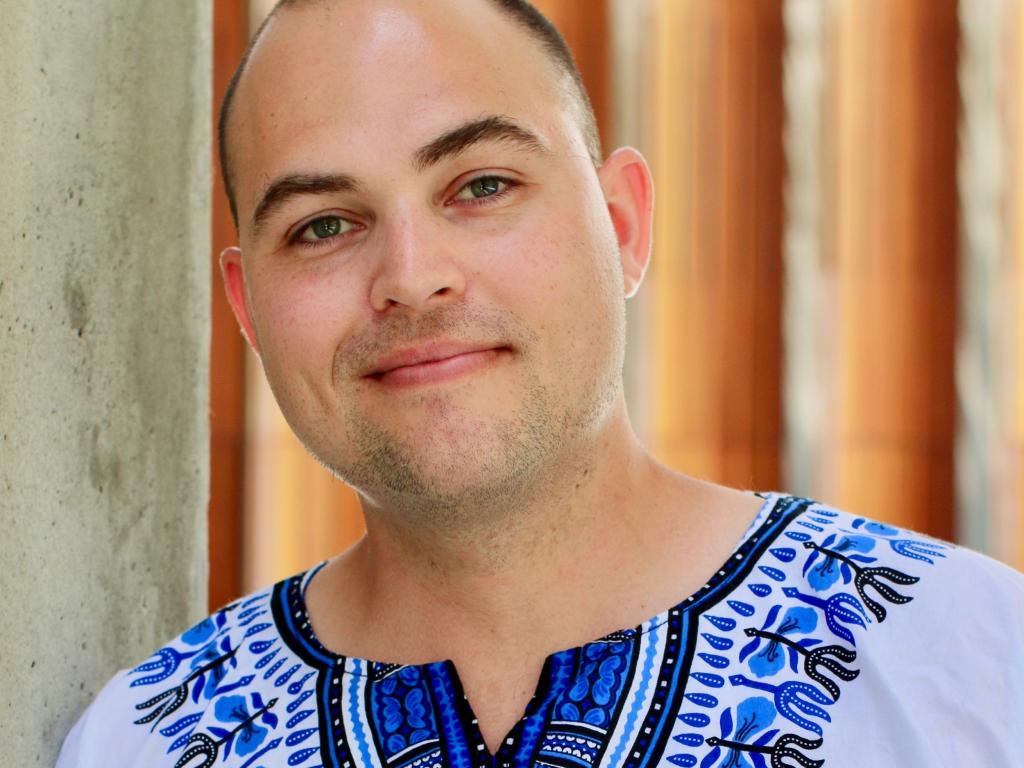IDM CPD-Accredited Seminar: Structure-guided design of next-generation therapeutics and immunogen


Speaker: Dr Kurt Wibmer [Wits Health Consortium ViPER]
Host: Prof Digby Warner [IDM Director]
Dr Constantinos Kurt Wibmer is an early-to-mid-career investigator from Johannesburg, South Africa, and Director of the Wits Health Consortium VїPER (Venom & Vaccine Immunotherapeutics & Immunogens Protein Engineering Research) division. He received his PhD in 2016 from the University of the Witwatersrand, South Africa, characterising the targets of HIV-1 broadly neutralising monoclonal antibodies and defining pathways for viral escape from them. Dr Wibmer trained in X-ray crystallography and cryo-electron microscopy with Dr Peter Kwong at the Vaccine Research Center (NIH, Bethesda, USA) during his PhD, then as a Postdoctoral Research Associate with Prof Ian Wilson (Scripps; La Jolla, USA), and finally as a visiting scientist with Dr Aleksandar Antanasijevic (École Polytechnique Fédérale de Lausanne, Switzerland). His HIV-1 research has been taught in both the Harvard and Oxford PhD programmes, while his SARS-CoV-2 research was the first to describe neutralization resistance by variants of concern (VoC) and proved instrumental in reshaping the global vaccine response.
Dr Wibmer returned to South Africa as a Future Leaders of African Independent Research (FLAIR) fellow of the Royal Society UK, and his work has also been supported by an NIH R21 and a current Wellcome career development award (amongst others), with collaborators across US, Europe, and Africa. As an independent researcher, Dr Wibmer is combining monoclonal antibody discovery with structural biology to design broad, potent, and thermostable biologics for use in Africa and the Dr Constantinos Kurt Wibmer is an early-to-mid-career investigator from Johannesburg, South Africa, and Director of the Wits Health Consortium VїPER (Venom & Vaccine Immunotherapeutics & Immunogens Protein Engineering Research) division. He received his PhD in 2016 from the University of the Witwatersrand, South Africa, characterising the targets of HIV-1 broadly neutralising monoclonal antibodies and defining pathways for viral escape from them. Dr Wibmer trained in X-ray crystallography and cryo-electron microscopy with Dr Peter Kwong at the Vaccine Research Center (NIH, Bethesda, USA) during his PhD, then as a Postdoctoral Research Associate with Prof Ian Wilson (Scripps; La Jolla, USA), and finally as a visiting scientist with Dr Aleksandar Antanasijevic (École Polytechnique Fédérale de Lausanne, Switzerland). His HIV-1 research has been taught in both the Harvard and Oxford PhD programmes, while his SARS-CoV-2 research was the first to describe neutralization resistance by variants of concern (VoC) and proved instrumental in reshaping the global vaccine response. Dr Wibmer returned to South Africa as a Future Leaders of African Independent Research (FLAIR) fellow of the Royal Society UK, and his work has also been supported by an NIH R21 and a current Wellcome career development award (amongst others), with collaborators across US, Europe, and Africa.
As an independent researcher, Dr Wibmer is combining monoclonal antibody discovery with structural biology to design broad, potent, and thermostable biologics for use in Africa and the Dr Constantinos Kurt Wibmer is an early-to-mid-career investigator from Johannesburg, South Africa, and Director of the Wits Health Consortium VїPER (Venom & Vaccine Immunotherapeutics & Immunogens Protein Engineering Research) division. He received his PhD in 2016 from the University of the Witwatersrand, South Africa, characterising the targets of HIV-1 broadly neutralising monoclonal antibodies and defining pathways for viral escape from them. Dr Wibmer trained in X-ray crystallography and cryo-electron microscopy with Dr Peter Kwong at the Vaccine Research Center (NIH, Bethesda, USA) during his PhD, then as a Postdoctoral Research Associate with Prof Ian Wilson (Scripps; La Jolla, USA), and finally as a visiting scientist with Dr Aleksandar Antanasijevic (École Polytechnique Fédérale de Lausanne, Switzerland). His HIV-1 research has been taught in both the Harvard and Oxford PhD programmes, while his SARS-CoV-2 research was the first to describe neutralization resistance by variants of concern (VoC) and proved instrumental in reshaping the global vaccine response. Dr Wibmer returned to South Africa as a Future Leaders of African Independent Research (FLAIR) fellow of the Royal Society UK, and his work has also been supported by an NIH R21 and a current Wellcome career development award (amongst others), with collaborators across US, Europe, and Africa. As an independent researcher, Dr Wibmer is combining monoclonal antibody discovery with structural biology to design broad, potent, and thermostable biologics for use in Africa and the developing world. His current work is at the forefront of structure-guided immunotherapeutic antivenom design to treat snakebites.